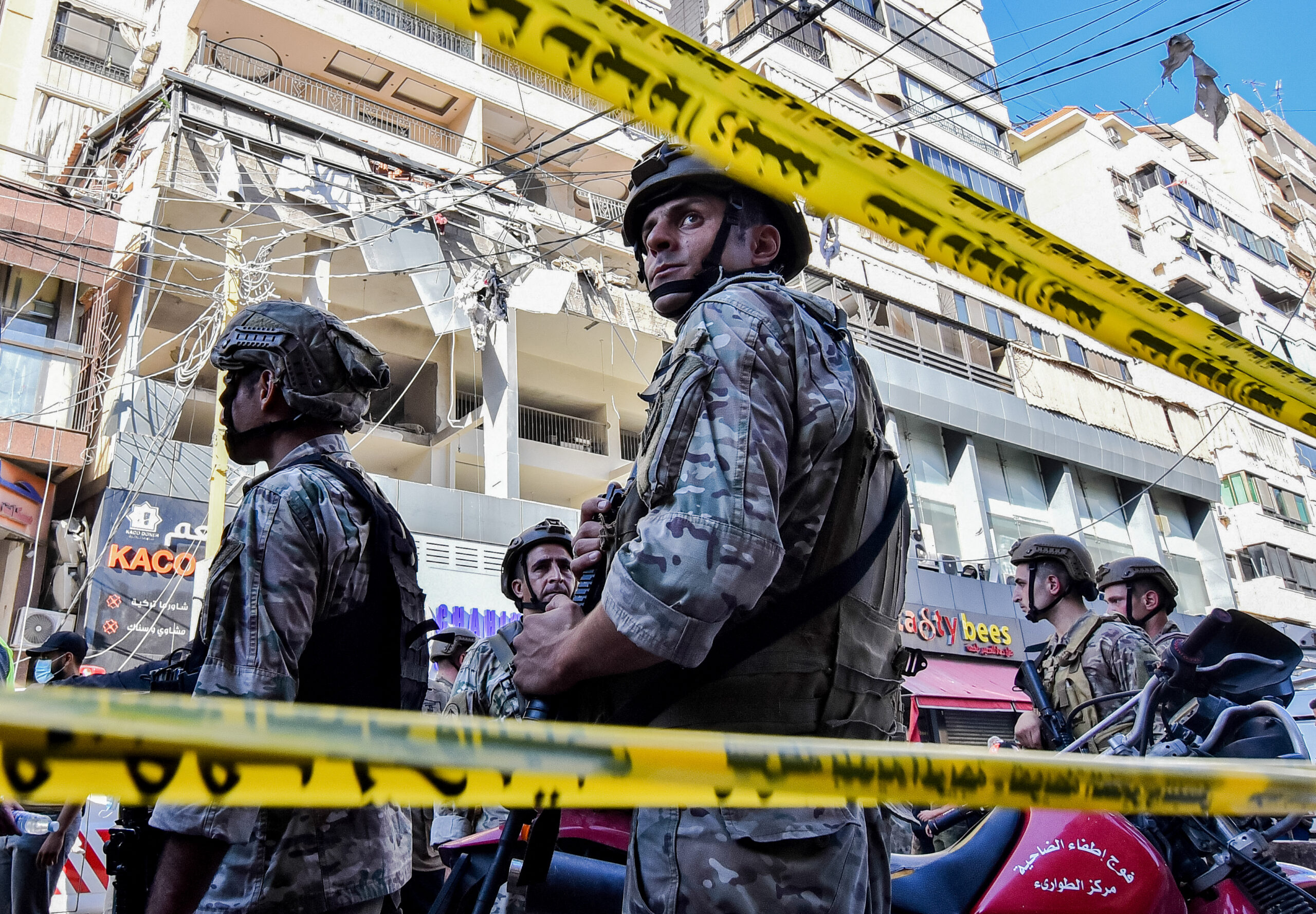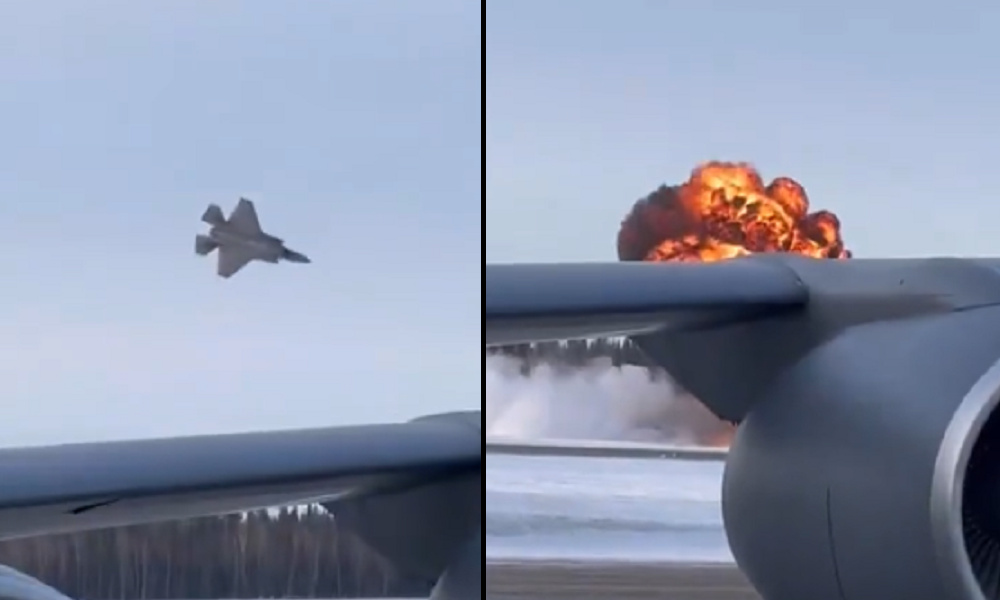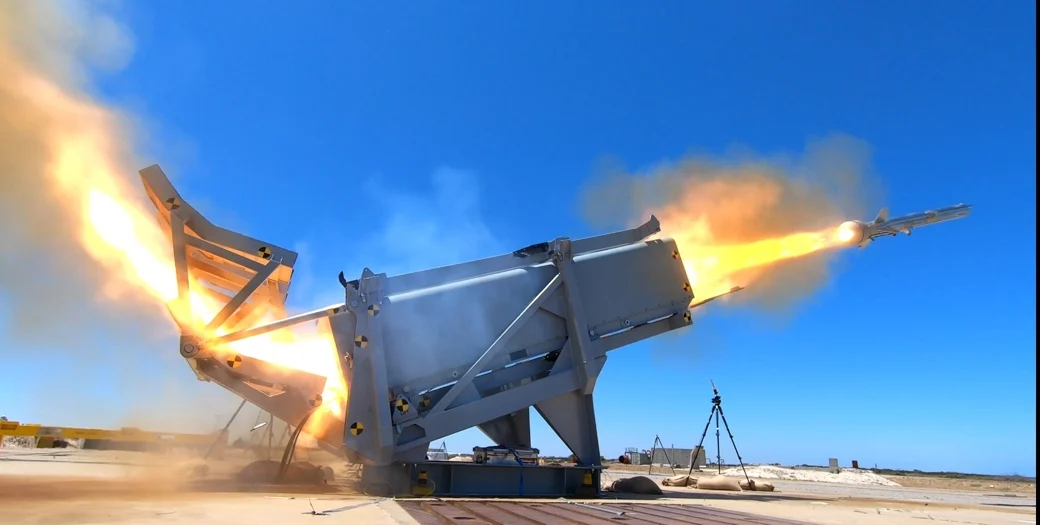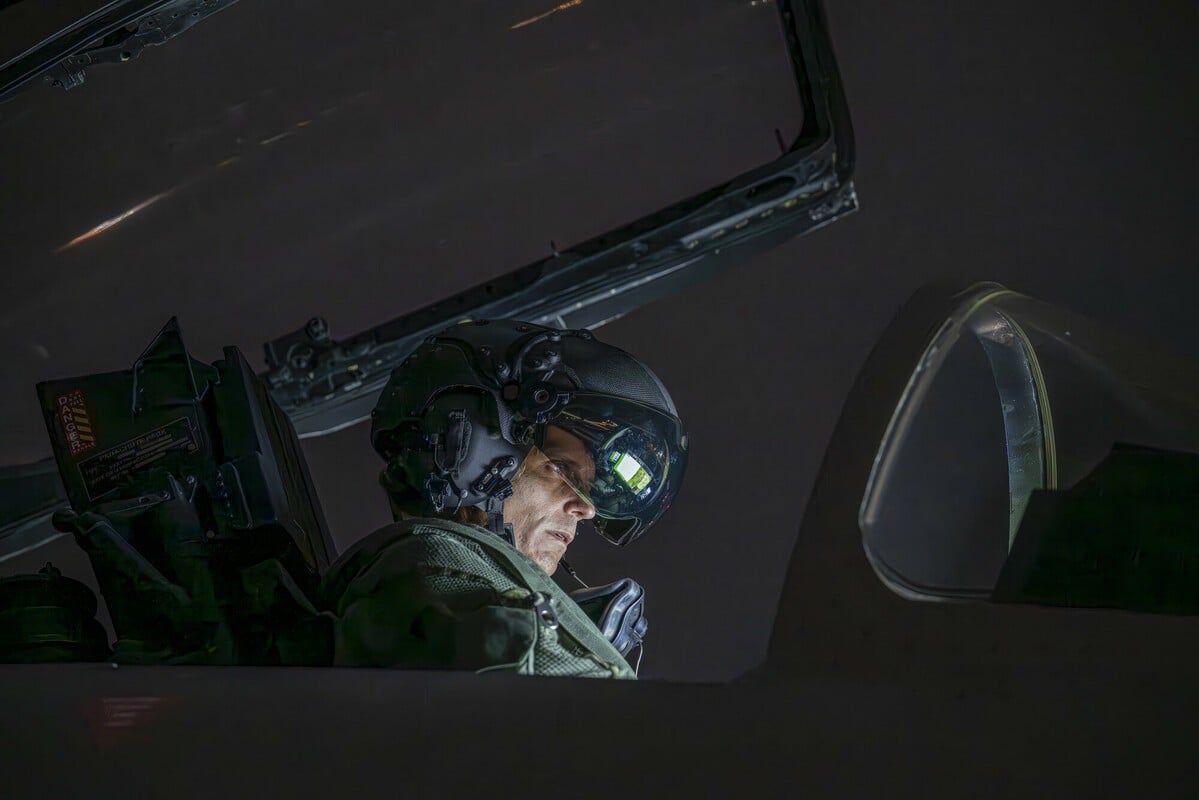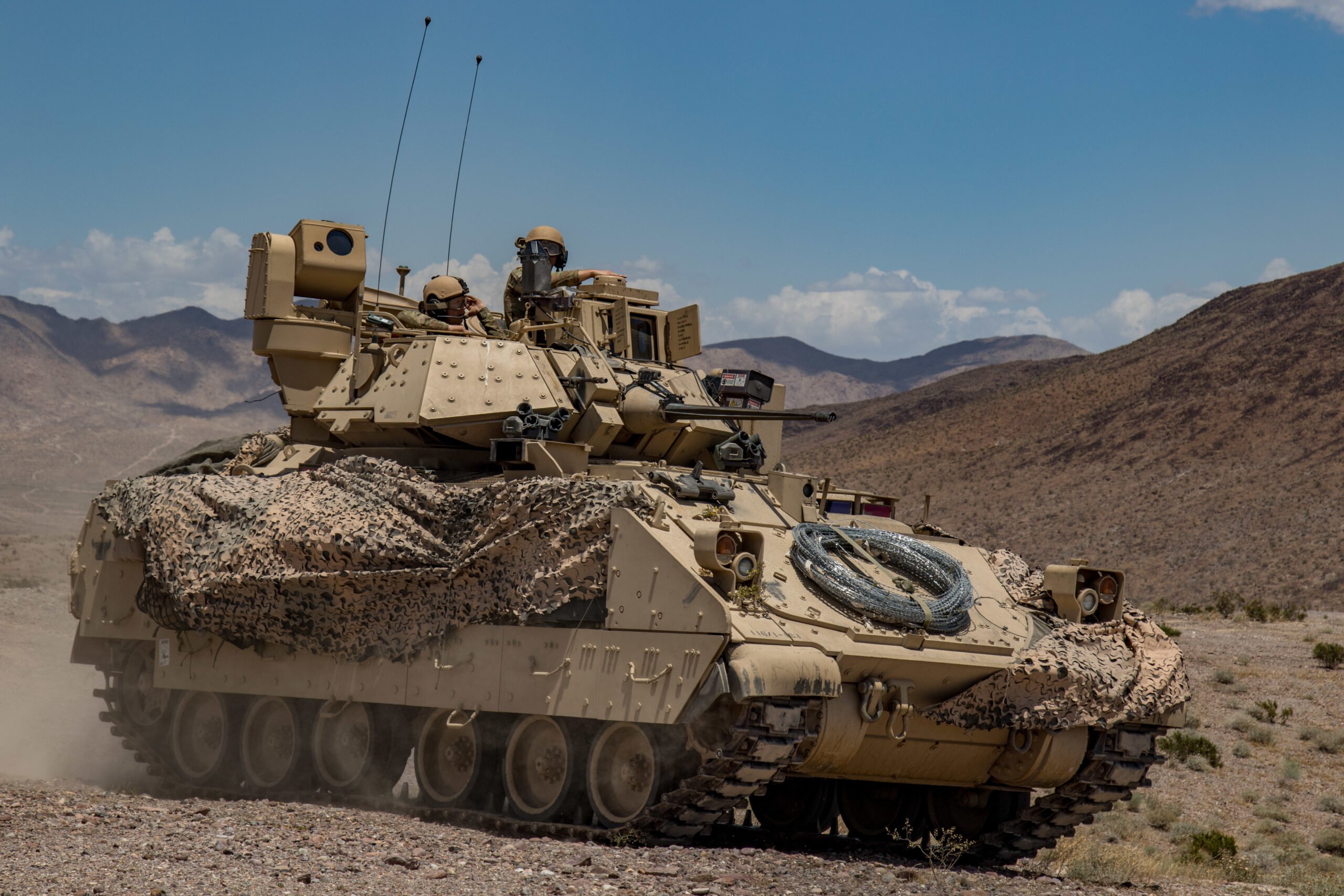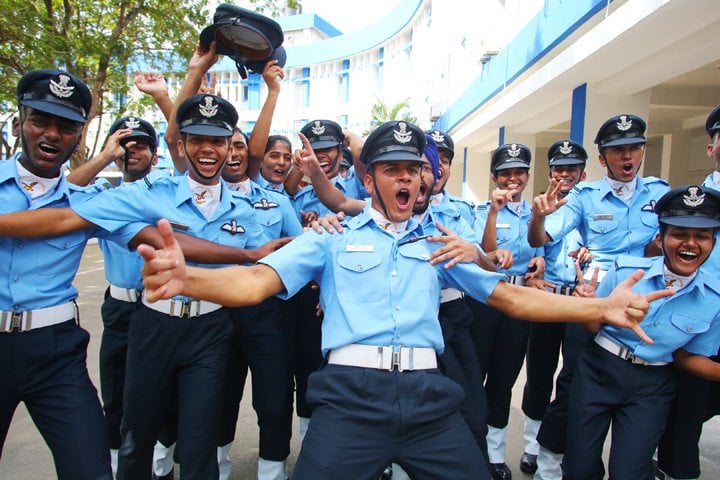The situation in southern Lebanon has escalated following an Israeli airstrike that resulted in the death of a civilian and injuries to four Lebanese army soldiers. The incident occurred near the Saf al-Hawa/Bint Jbeil military checkpoint, where the Lebanese army reported that the targeted vehicle was struck by Israeli forces. Official reports indicate that the attack took place on a road adjacent to the checkpoint, highlighting the ongoing tensions in a region where a fragile ceasefire had been established.
This strike is part of a larger context of heightened military activity in southern Lebanon, particularly following a surge in cross-border violence linked to Hezbollah’s support of Hamas in the wake of the latter’s attack on Israel in early October. The ceasefire implemented on November 27 has held to some extent, although both Israel and Hezbollah have accused each other of violating the terms.
Under the ceasefire agreement, the Lebanese army, supported by United Nations peacekeepers, is expected to bolster their presence in the southern region as Israeli forces undertake a withdrawal over a planned 60-day period. In tandem, Hezbollah is required to pull its troops north of the Litani River and dismantle its military infrastructure in southern Lebanon—a move aimed at reducing potential conflict in the volatile border area.
Despite the ceasefire, tensions remain high. The Israeli armed forces have consistently advised Lebanese citizens against entering border zones, maintaining a rigorous military posture in the area. Just last week, Israeli airstrikes resulted in the deaths of 11 individuals in southern Lebanon, which followed Hezbollah’s claims of targeting an Israeli position—a significant escalation since the truce began.
The toll of the ongoing violence has been staggering. According to data from the Lebanese Health Ministry, over the past year of conflict, the number of fatalities in Lebanon has surged to 4,047, including 316 children—many of whom have died in the recent uptick of hostilities since September.
In response to these developments, Israeli Defense Minister Israel Katz issued a stern warning regarding potential future conflict, stating that if hostilities resume, Israel would respond with increased military intensity and would make no distinction concerning the Lebanese state’s role in the conflict. This clearly indicates a shift in the Israeli government’s readiness to engage further in military operations, irrespective of the consequences for Lebanon as a nation.
As both sides navigate this precarious situation, international observers remain concerned about the potential for renewed large-scale conflict in the region, which would have dire implications for security in Lebanon and beyond.

